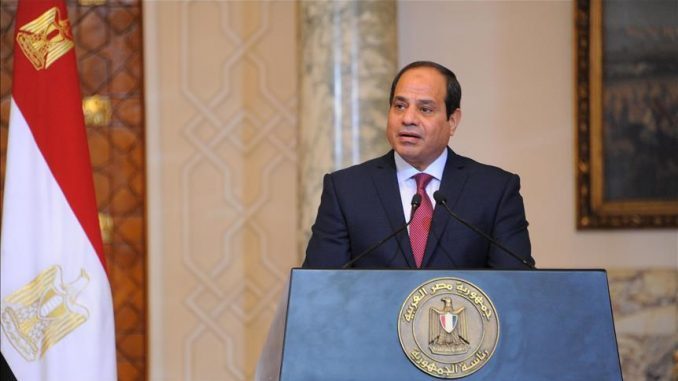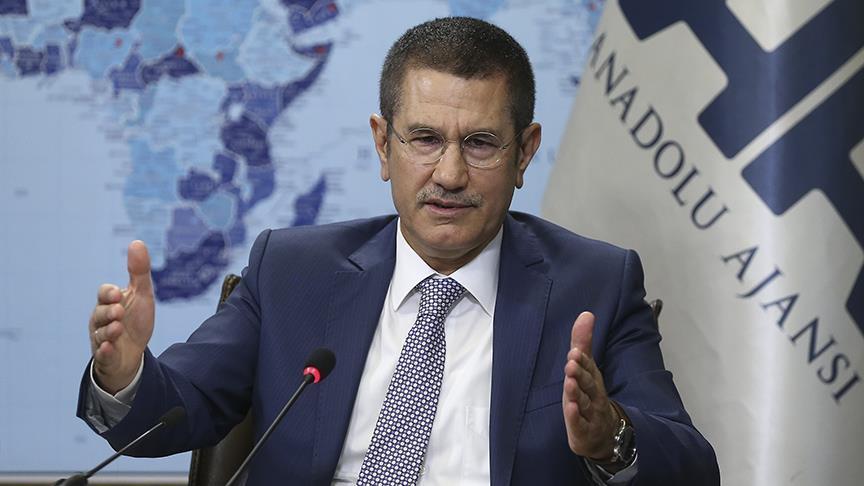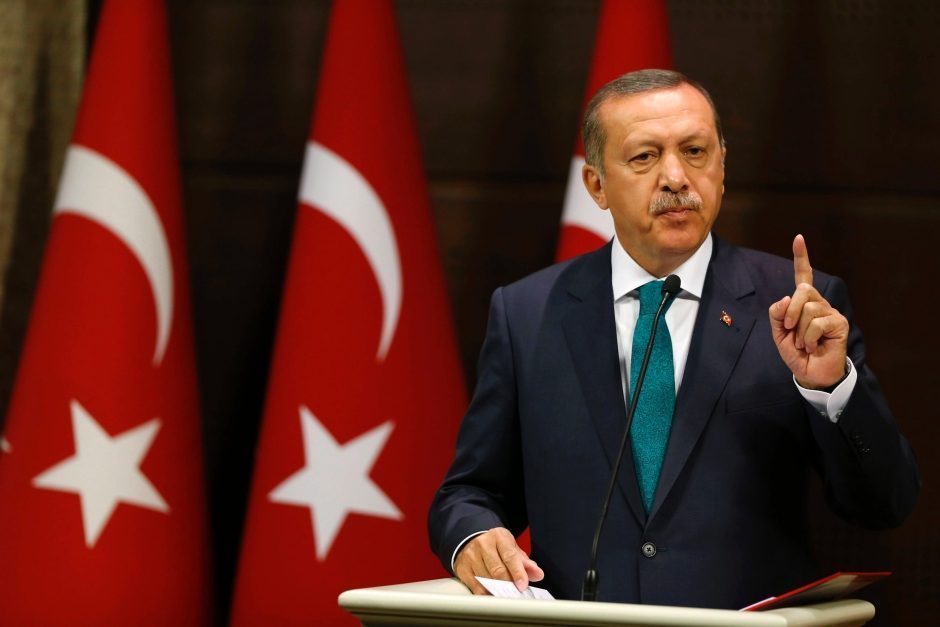
Abdel Fattah al-Sisi swore in a new Cabinet after replacing his defense and interior ministers, a high-level security shake-up that comes as the country is struggling to combat an Islamic State affiliate in the Sinai Peninsula.
Al-Sisi appointed Lt. Gen. Mohamed Ahmed Zaki, the head of the presidential guard, to be the new defense minister, replacing Gen. Sedki Sobhi, who had served in the post since al-Sisi came to power in 2014.
Mahmoud Tawfik, the head of the National Security department, which focuses on terrorism and threats to national security, was chosen to succeed Magdy Abdel-Ghaffar at the Interior Ministry, which supervises the police. Abdel-Ghaffar, a veteran security official, had been appointed in 2015.
Both of the new ministers are seen as close to al-Sisi, who also hails from Egypt’s military. Al-Sisi served as defense minister under Mohamed Morsi before leading the military overthrow of Egypt’s first democratically elected president in 2013.All of Egypt’s modern presidents have come from the military, which wields considerable economic and political power.
Last October, al-Sisi replaced his armed forces chief of staff and the Interior Ministry dismissed the head of national security, a handful of generals, and a dozen senior leaders after a deadly ambush by militants outside Cairo that killed 16 police.
The inner-workings of Egypt’s powerful military and security services are opaque, and it was not immediately clear what prompted the latest shake-up.
Egypt launched a major military offensive in February aimed at ending the insurgency in the Sinai and combatting militants in the Western Desert, near the Libyan border. Militants have launched a wave of attacks across the country in recent years, mainly targeting security forces and the Coptic Christian.
Al-Sisi has meanwhile presided over an unprecedented crackdown on dissent, jailing thousands of people and rolling back the freedoms won in the 2011 uprising that toppled longtime autocrat Hosni Mubarak. He has said such measures are necessary to restore stability after years of unrest and revive the economy.
Al-Sisi was re-elected in March in a vote in which he faced no serious competition, after several potentially strong candidates were arrested or pressured into dropping out.
His strongest potential challenger was Maj. Gen. Sami Annan, a former military chief of staff, who was arrested by the military after announcing his intention to run. The military says he is charged with running for office without permission. Ahmed Shafik, a former air force commander and the last prime minister under Mubarak, was also pressured into dropping out.
Al-Sisi previous Cabinet had resigned in keeping with the tradition of replacing the government at the start of a new presidential term. But in previous transitions, senior ministers, including those of defense and interior, have remained at their posts.
Prime Minister Moustafa Madbouly, who also serves as housing minister, will lead the new 33-member Cabinet. It includes eight women and 12 new members. Younis el-Masry, the commander of the Air Force, will be the civil aviation minister in the new government. Finance Minister Amr El-Garhy, who has overseen a recent raft of austerity measures aimed at reviving the economy, was replaced by his deputy, Mohamed Maait.



